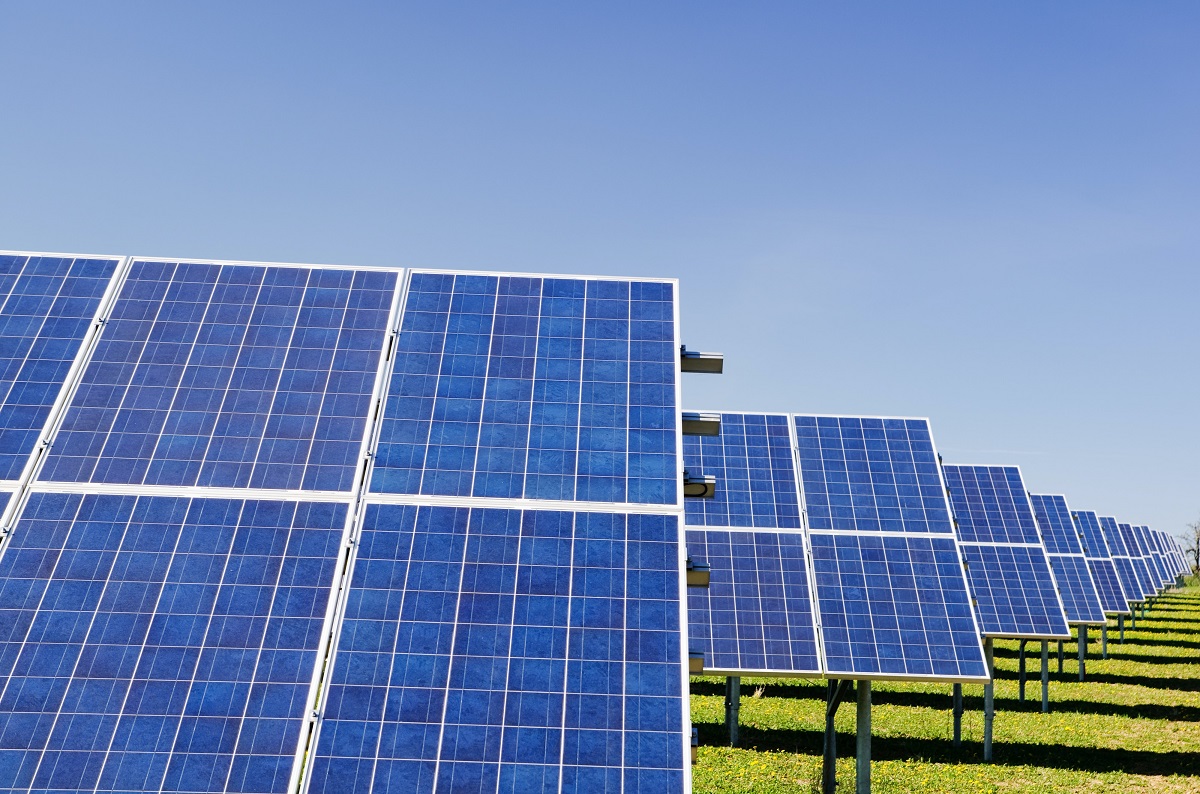Bavaria and Baden-Württemberg are lagging behind the German federal states in the north of the country in expanding renewable energy sources, Claudia Kämfer, a professor of energy economics at the University of Lüneburg Leuphana told the Wirtschaftswoche magazine.
According to Kemfert, too little has been done in the south of Germany for the energy transition, so the country’s north is far ahead of the south in this regard.
By 2045, wind turbines with a capacity of 70 gigawatts are planned to be installed in the North and Baltic Seas, and if the south does not catch up with the north in the development of wind energy, big business will prefer other lands to locate their production.
It is already apparent that large companies do not seek the south of Germany. For example, Tesla opened its new factory in Brandenburg. And US chipmaker Intel and battery company Northvolt are building new factories in Saxony-Anhalt and Schleswig-Holstein.
With such a development of events, the southern lands of Germany risk becoming dependent on the northern ones.
Eco-friendly electricity produced directly on-site is inexpensive. The northern region’s advantage is using wind energy to produce environmentally friendly hydrogen or importing it now on the spot.

